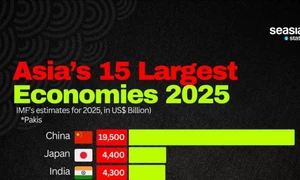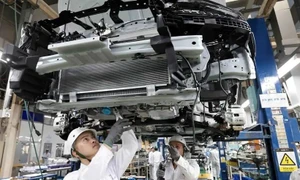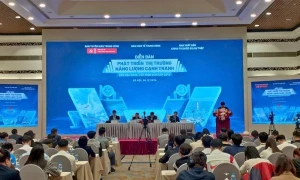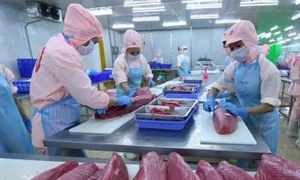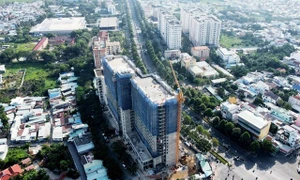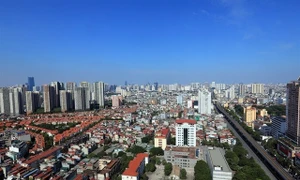
Vietnam has great advantages in high-quality human resources, while Malaysia is strong in electrical and electronic production and semiconductors but short of human resources due to limited population structure, Cuong told the Vietnam News Agency in Kuala Lumpur on the sidelines of Malaysia’s National Economic Forum 2024 on May 9.
The official held that if Vietnam cooperates with Malaysia in the above fields, it can reduce research costs and learn valuable experience in the development and management process from Malaysia as the country has had high-quality electrical and electronics manufacturing infrastructure after three decades of continuous development.
Malaysia has the third largest auto industry in Southeast Asia after Indonesia and Thailand. This sector contributes about 4% to Malaysia's Gross Domestic Product (GDP) in 2021, he noted.
Malaysia has offered incentives to attract investment to EV production and assembly, including income tax exemption of 70-100% in 5-10 years for EV manufacturers and assembling firms, income tax subsidies of 60-100% for a period of 5-10 years, and up to 100% exemption of import duty and excise tax for EV and up to 85% exemption for plug-in hybrid EV. Therefore, major EV manufacturers such as Tesla, BYD, MINI, BMW, and GWM have been present in Malaysia, Cuong said, stressing that if Vietnam takes advantage of the opportunity and cooperates with Malaysia in producing components or assembling charging stations, it can shorten the way to development in the industry.
Meanwhile, Raja Badrulnizam from Malaysia External Trade Development Corporation (MATRADE) said that the Malaysian economy grew positively last year despite global tensions and geopolitical instability. He attributed the achievement to the Malaysian Government’s prompt measures, especially those related to promoting export activities and attracting investment.
He said that promoting trade activities will be the main focus of the country in the near future. Malaysia needs to seek new markets and strengthen promotion of its products, he said, holding that Vietnam is one of the potential markets.
